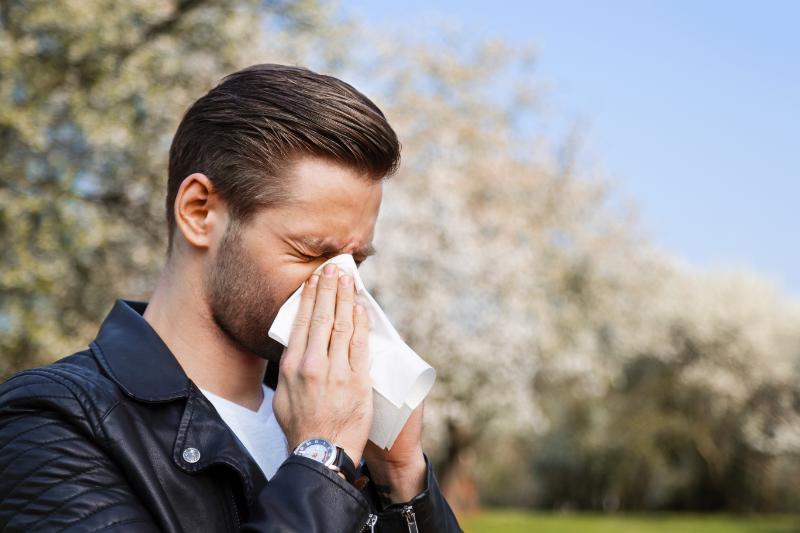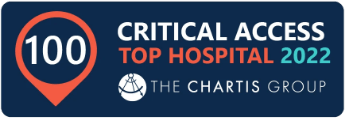Allergies are a commonly occurring ailment and can have a tangible impact on your daily life. According to the Asthma and Allergy Foundation of America (AAFA), allergies are the 6th most common cause of chronic illness in the United States.
Whether it's a reaction to pollen in the air or a particular food, allergies can be pretty impactful, ranging from minor discomfort to severe, life-threatening reactions.
Our team of primary care providers will work with you to develop a treatment plan or, when needed, refer you to a specialist.
An allergy occurs when the body responds unusually to an otherwise harmless foreign substance, considering it a potential threat. These substances, known as allergens, are typically benign.
Upon contact, the immune system generates antibodies to expel these allergens, often causing inflammation in the skin, sinuses, airways, or digestive system. Symptoms like sneezing, coughing, watery eyes, or itchy skin result from this exaggerated immune response.
Allergic reactions result from this unique interaction between the body's immune system and allergens when the immune system mistakenly identifies these harmless substances as threats.
Various allergens can trigger allergic reactions. The most common causes of allergies include:
- Pollen
- Dust mites
- Mold spores
- Pet dander
- Certain foods, like milk, nuts, wheat
- Insect stings
- Medications
Allergic reactions can lead to inflammation and irritation along with common allergy symptoms. Symptoms can occur in the gut, skin, sinuses, airways, eyes, or nasal passages, depending on the allergen involved.
Allergy symptoms vary depending on the allergen in question. Symptoms may range from mild to severe. Some common signs of an allergy include:
- Runny nose
- Sneezing
- Watery eyes
- Itching
- Rashes or hives
- Swelling in the mouth or throat
- Asthma
Allergy testing is necessary to identify the cause of your allergy symptoms. The test results will identify the specific substance(s) that trigger your allergies.
Anaphylaxis is a severe allergic reaction that can be life-threatening and needs immediate emergency care. Anaphylaxis begins with common allergy symptoms along with other signs that gradually worsen with time.
Other symptoms of anaphylaxis include:
- Vomiting
- Diarrhea
- Cramping
- Low blood pressure
- Fainting
- Swollen or itchy lips or tongue
Without timely treatment, these symptoms can escalate and lead to severe conditions, such as cardiac arrest.
If you are experiencing an allergic reaction, your treatment can begin once the cause is identified. Treatment can include:
Avoiding allergens whenever possible is crucial to minimize the need for treatment and prevent allergy symptoms. Eliminate sources of allergens from your living spaces – for instance, exclude nut-based foods if you have a nut allergy.
If airborne allergens contribute to your symptoms, consider incorporating a daily nasal saline rinse using a squeeze bottle or Neti pot. It can help in reducing your exposure to airborne allergens.
Also known as allergy Immunotherapy, allergy shots provide a long-term treatment option. It involves a series of injections offering lasting relief from severe allergies.
We can prescribe, or you can get, over-the-counter medicines to treat your allergy symptoms. Medications that may relieve your allergy symptoms can include:
- Nose Sprays
- Antihistamines
- Mast cell stabilizers
- Decongestants
- Corticosteroid cream or ointment
- Oral Corticosteroids
- Epinephrine (EpiPen)
Our team at Kimball Health Services is committed to working with you to develop a personalized treatment plan to help you treat your allergies and alleviate your allergy symptoms.
In case of an emergency, call 911 or walk into our emergency department anytime. For appointments, call ahead or request an appointment online. We're here for you whenever you need us.








